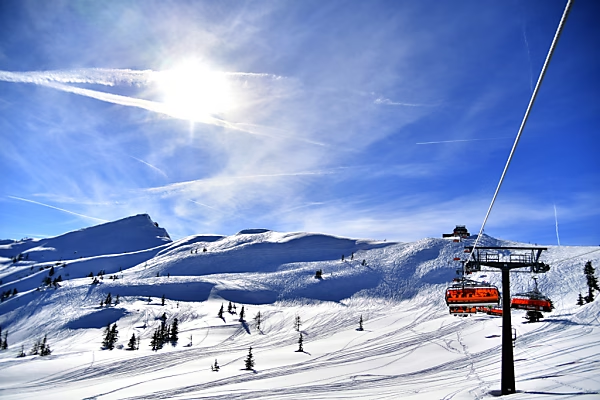WKO tourism chairman Robert Seeber expects the winter season to continue to be a positive one. However, guests are saving on incidental expenses and want flexible cancellation conditions.

Domestic tourism is booming despite the crisis."The desire to go on holiday is simply there, we sense this from the demand of our customers", says the tourism chairman of the Austrian Federal Economic Chamber (WKÖ), Robert Seeber, at the New Year's reception. The booking situation is good, but guests have become more frugal."In certain areas, savings are being made on incidental expenses; holidaymakers have become more price-sensitive in view of the difficult economic and business situation and want flexible cancellation conditions.„

A recent online survey by the Market Institute among around 1,000 people over 16 years of age also shows that saving money is the order of the day on ski holidays. 68 percent attach great or particularly great importance to the cancellation conditions, 63 percent travel to a region where prices are comparatively cheap, 61 percent want to decide at shorter notice whether and where to go on holiday, 56 percent want to go on holiday for a shorter period and stay there for fewer days, and 55 percent are looking for cheaper accommodation. At least 38 percent are not going on holiday at all in winter because of the current situation.
And guest behavior has also changed. According to the survey, 60 percent of establishments have observed that bookings are becoming increasingly short-term, that vacationers are staying for less time (59 percent), that guests are becoming more price-sensitive (56 percent) and that the amenities in the rooms are becoming more important (52 percent).
According to the survey, almost two thirds (64 percent) of tourism companies are optimistic about the rest of the season, while a good fifth (21 percent) are pessimistic. The industry is expecting a very good winter, but is less euphoric than last year. "Only 14 percent believe that the current winter season will be better than the previous one in 2023/24. 69 percent expect it to be similarly good. The West is more optimistic than the East, and people are more likely to be positive in rural areas", says opinion researcher David Pfarrhofer.